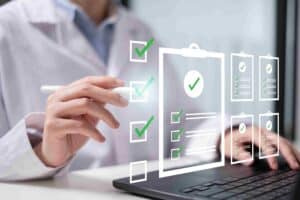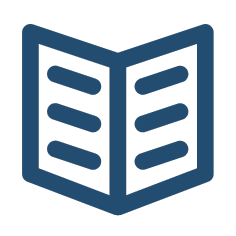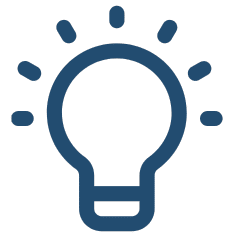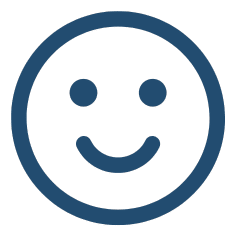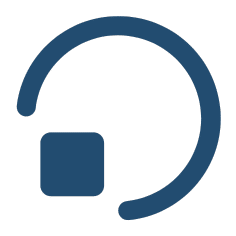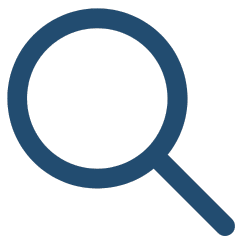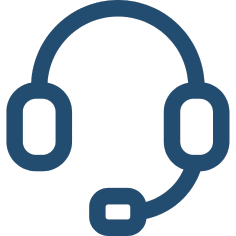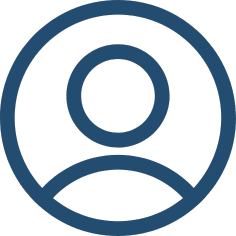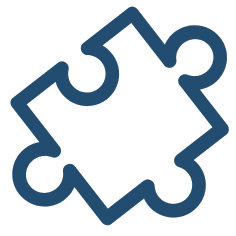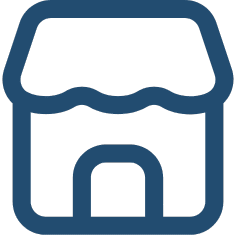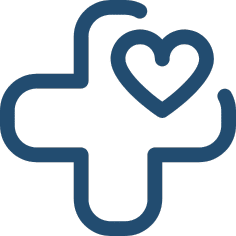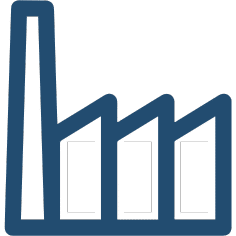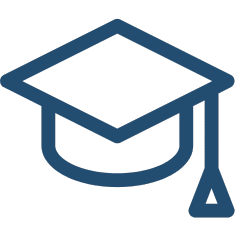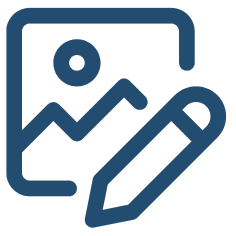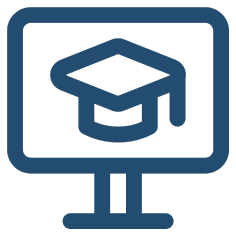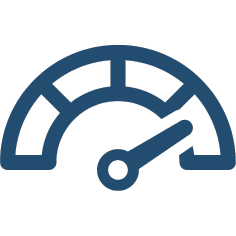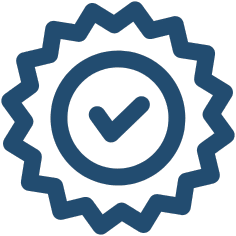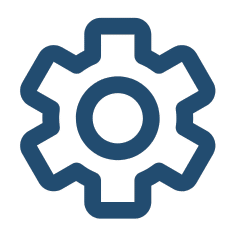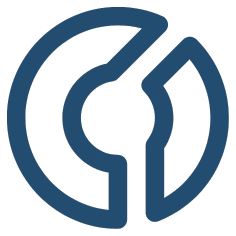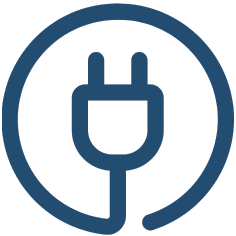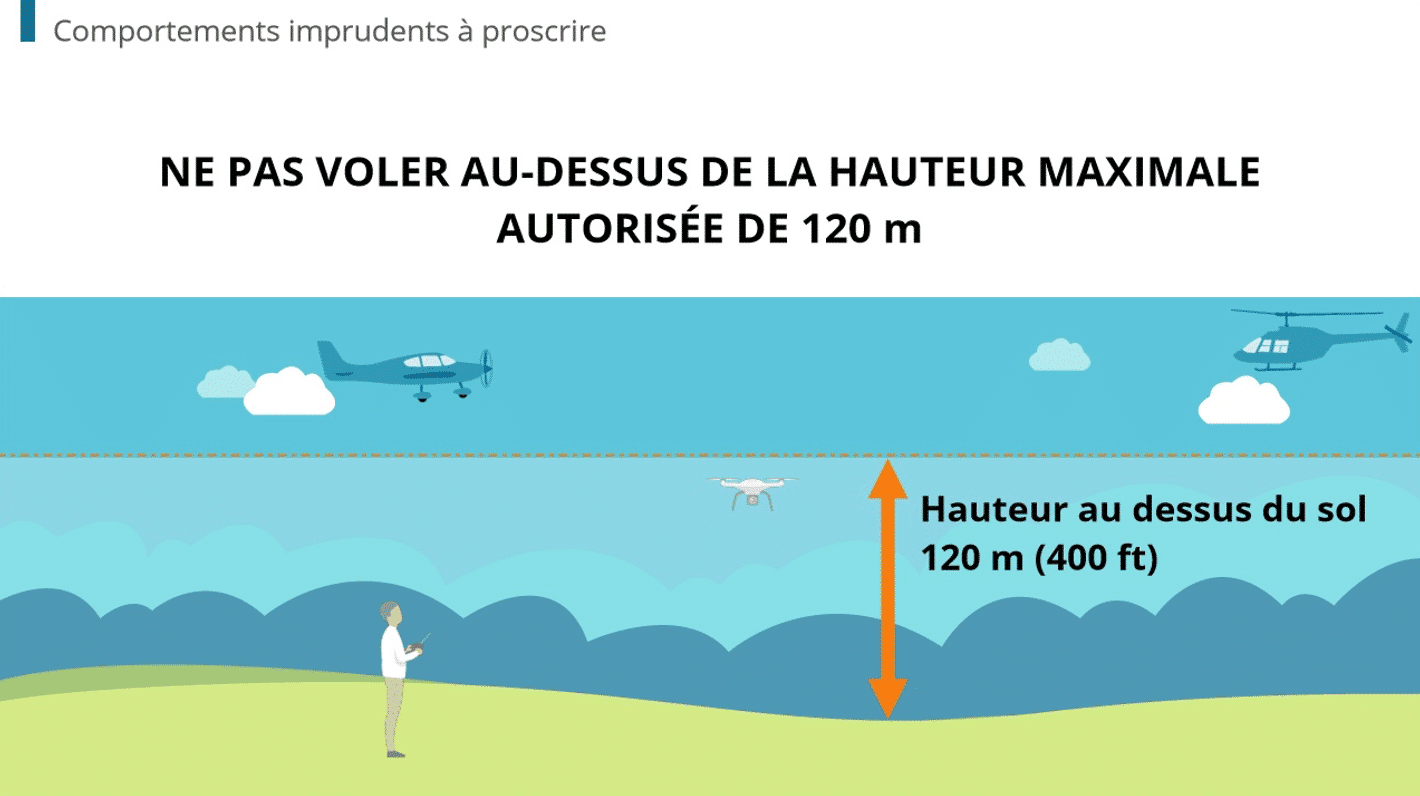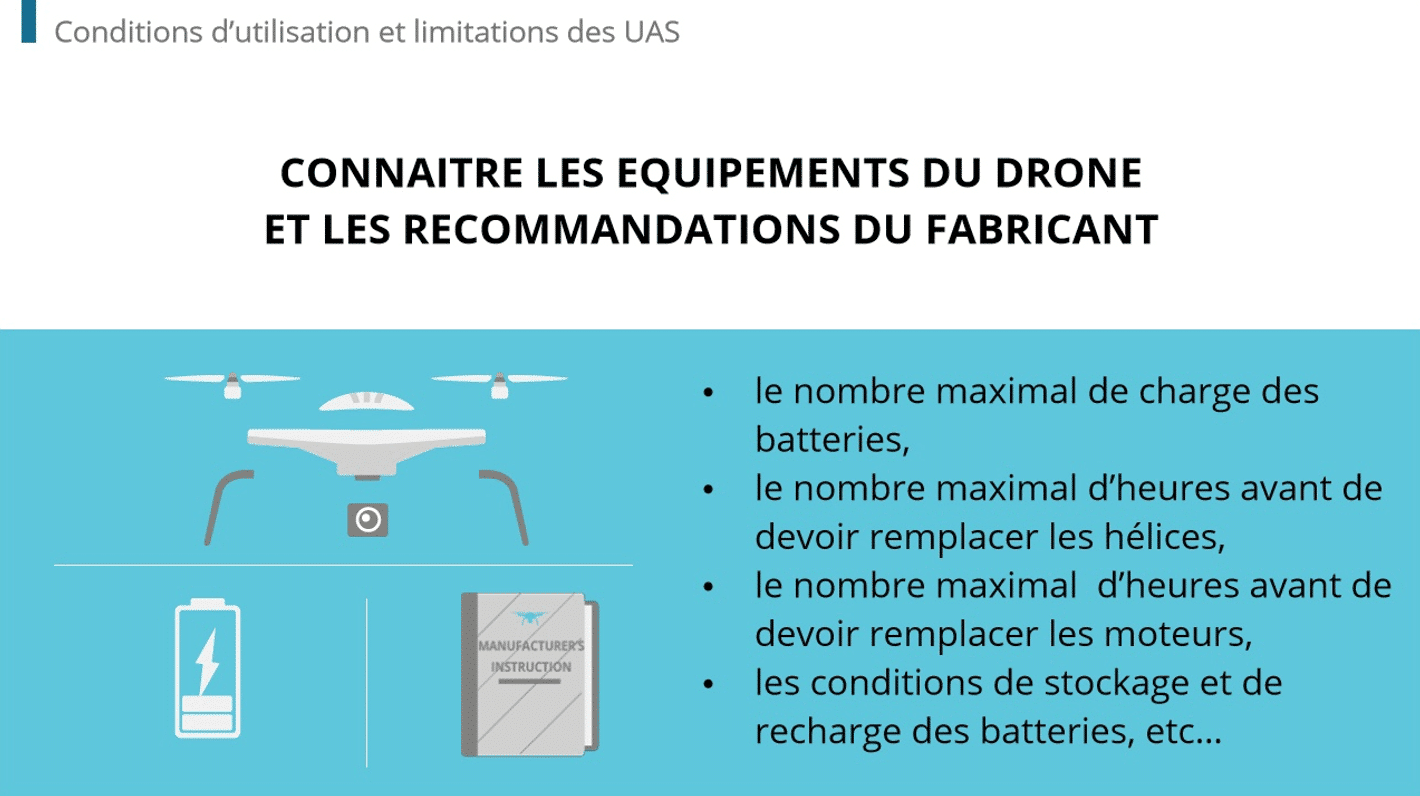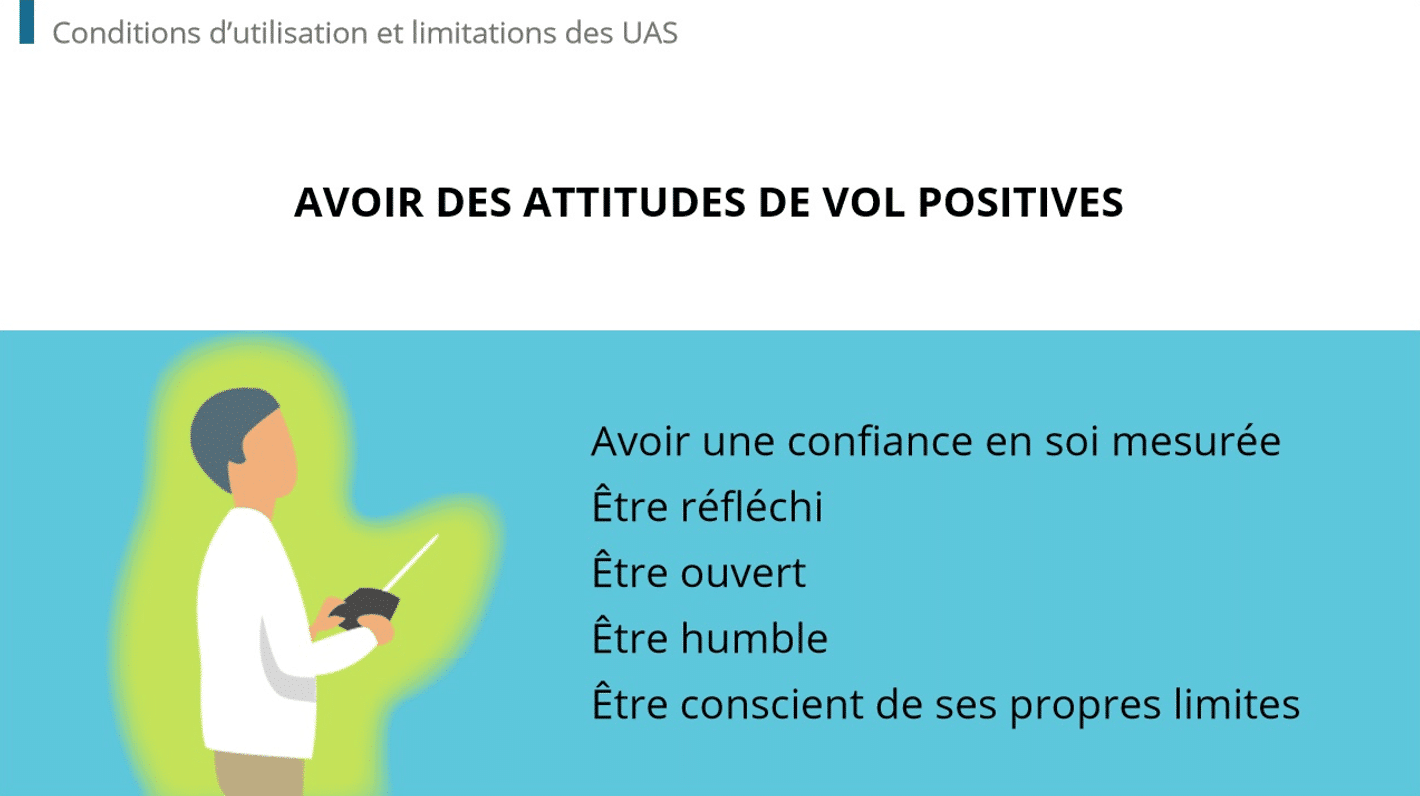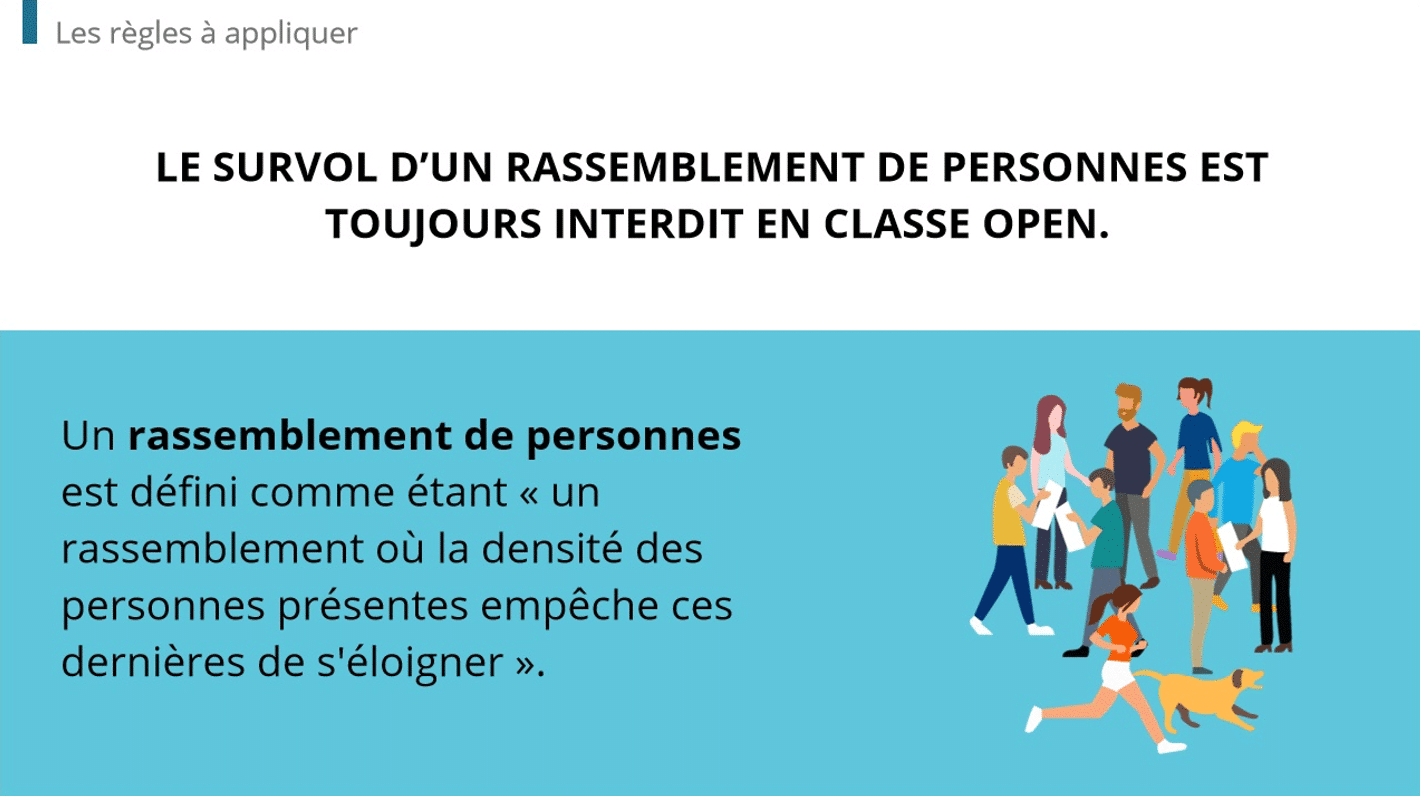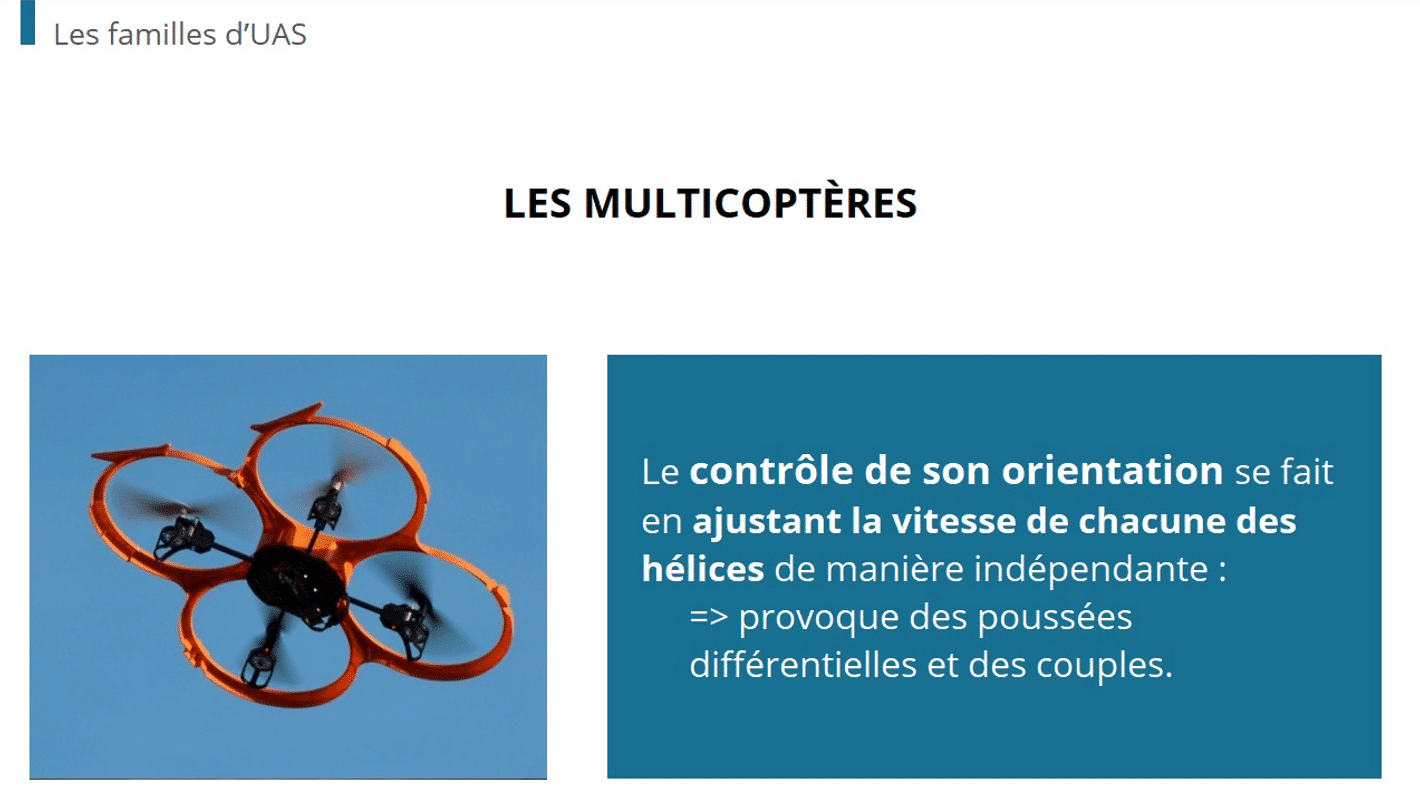Why agile learning is more important than ever and how an LMS supports agile learning in the pharmaceutical industry now.
The need for agility in your pharmaceutical company’s learning system has never been greater.
Adapting to a fast-changing environment is key. Pharmaceutical companies must be ready to make changes to their documented processes due to environmental factors at any time, as we have seen with the COVID-19 pandemic. And as government regulations continue to change, the learning content for your products must also adapt. Training materials must be updated quickly and efficiently so that sales reps and partners can stay up-to-speed.
Agile learning represents a big opportunity for pharmaceutical companies. The right learning management system (LMS) can support fast, seamless changes for both learners and administrators while keeping the audit trail for compliance.
What is agile learning?
Agile learning is the practice of providing and sharing information to help teams adapt and respond to a rapidly changing environment. Agile learning seeks to:
- Make learning continuous
- Make communication a two-way street
- Embrace microlearning
- Build collaboration and sharing
- Make learning mobile
The result is teams that work better together and get products to market faster.
How the pharmaceutical industry can adopt agile learning
As pharma companies increasingly digitize, agile learning lets them tap into opportunities in many areas. It helps them stay up to date on changing regulations, onboard an increasing number of contract workers, and boost their research and development (R&D) function.
Stay up to date on changing regulations
One of the most important areas where pharmaceutical companies can adopt agile learning is in staying abreast of changing regulations. The pharmaceutical industry is one of the most highly regulated industries today. This can be a source of stress for employees, as regulations continually change. Indeed, employees in the pharma sector are frustrated with the general lack of flexibility of their employers. A study found that 66% of employees in the pharmaceutical industry would change employers for a better offer, contrasted with only 38% of employees in other industries. Agile learning supports the greater flexibility that your employees are looking for.
Train an increasing number of contract workers
Agile learning can also help with engaging and training a growing number of contract workers. As businesses, including pharma, trend toward using more and more freelance and part-time workers, training such workers and getting them up to speed quickly will become even more critical than it is today. In addition, employees who constantly update their skill sets are more likely to be productive and less likely to leave. Good employee morale means higher productivity.
Reinvigorate R&D processes
There is a trend toward more drug introductions by smaller companies, which are by nature more agile. In 2011, 62% of newly approved drugs were brought to market by large pharmaceutical companies, but by 2018 smaller companies were responsible for 68% of new drugs. A more agile approach can help larger pharmaceutical companies re-invigorate their research and development and also help smaller, growing companies stay agile.
How a learning management system (LMS) supports agile learning at pharmaceutical companies
The pharmaceutical industry faces challenges in becoming more agile. However, these challenges present opportunities to those who pursue agile practices in their learning and training systems.
Faster time to market
Agile learning can give the advantage of speed. For instance, Allergan, the maker of Botox, was able to apply the principles of agile learning to let team members work simultaneously, rather than waiting on others to complete their work, thereby speeding up their time to market.
Tailored to your team
Today’s LMSs personalize training to the needs of the individual, the team, and the company. The best LMSs make use of personalized training modules, so employees can employ microlearning to grasp new rules, regulations and updated procedures at a time that’s convenient for them. A responsive LMS lets employees learn as they go rather than requiring them to attend all-day training, for example.
Collaborative learning
An LMS can also support collaborative learning. Employees can engage in brainstorming and creative thinking together, as part of their training curriculum. Two-way communication is a key feature of agile learning, meaning you don’t need the team leader to give orders. Rather, everyone collaborates on a shared goal. This way, creative ideas can emerge from all team members, thus allowing production to move quickly.
An LMS can post updates in real time, allowing everyone on the team to get up to speed simultaneously. And because it standardizes the learning across the team or organization, it reduces misunderstandings and miscommunication.
The Dokeos LMS supports agile learning at pharmaceutical companies
Dokeos can provide your business with the learning tools it needs to engage and retain employees, increase productivity and learning, and meet industry standards.
Dokeos is uniquely positioned to support the pharmaceutical industry. The Dokeos LMS helps with the FDA’s quality control metrics, incorporating e-signatures and allowing team leaders to track performance. And its intuitive interface supports agile learning with training that employees enjoy and feedback mechanisms that make life easier for administrators.
Get access to the Dokeos LMS and launch your corporate university.



